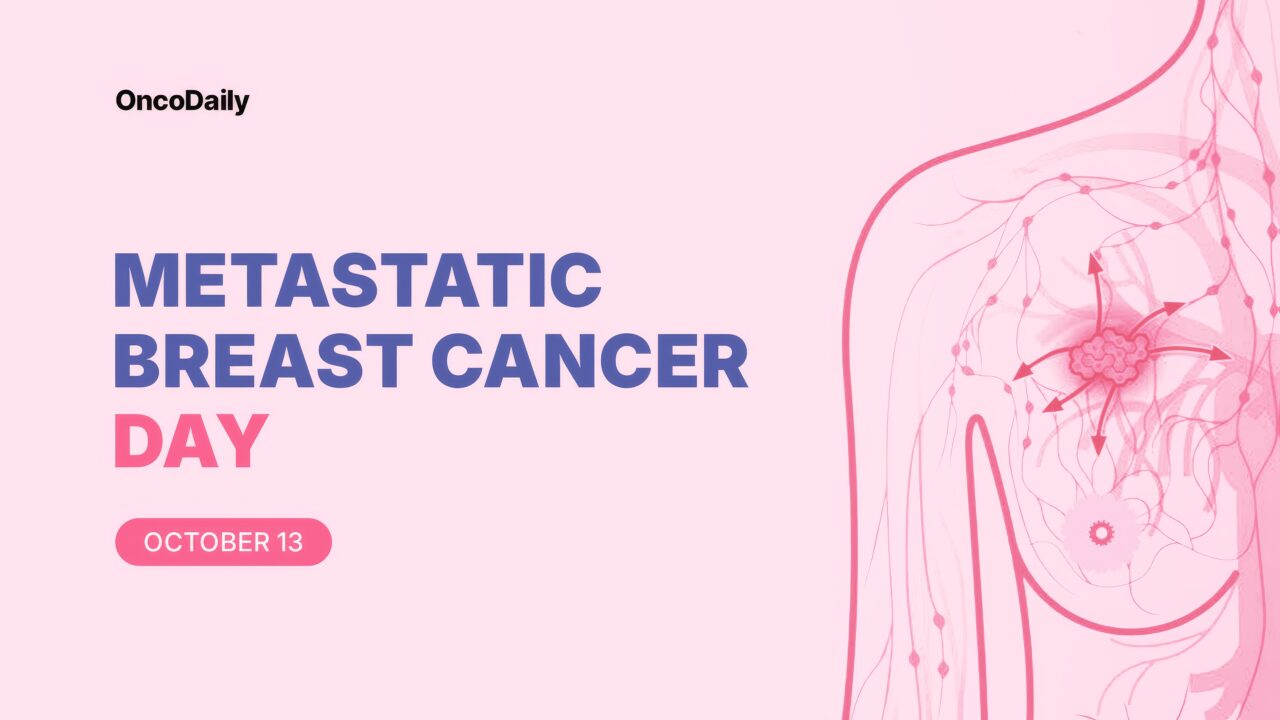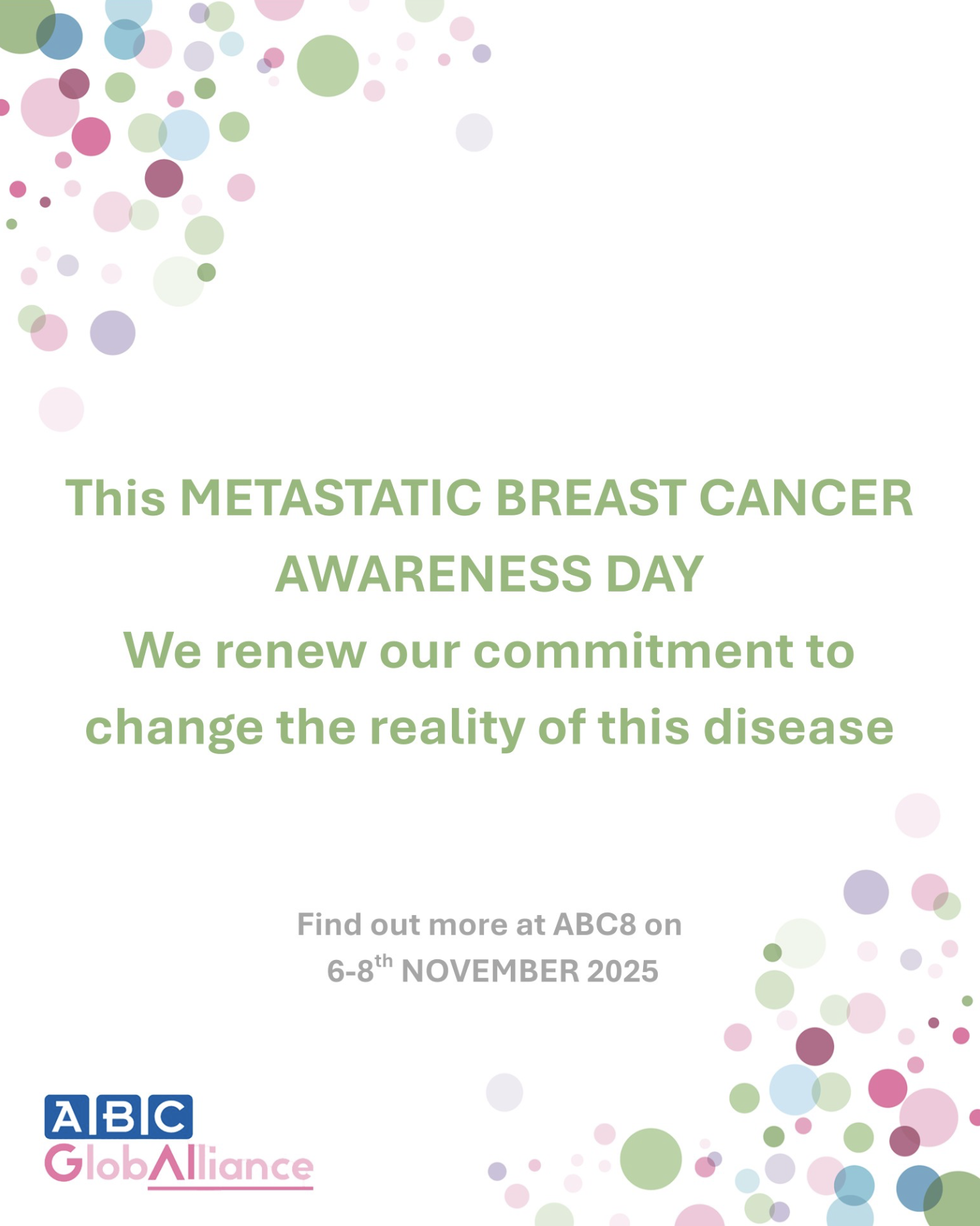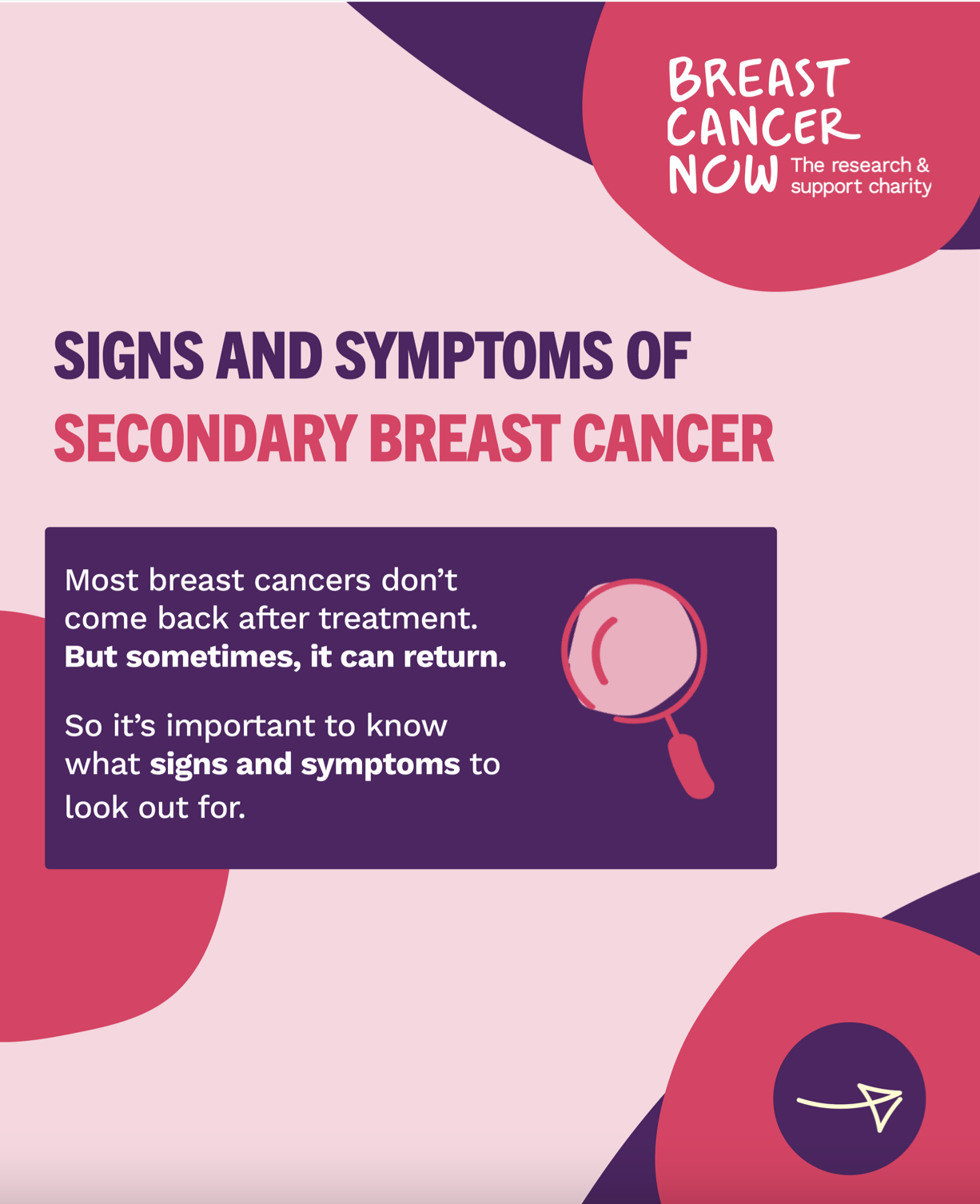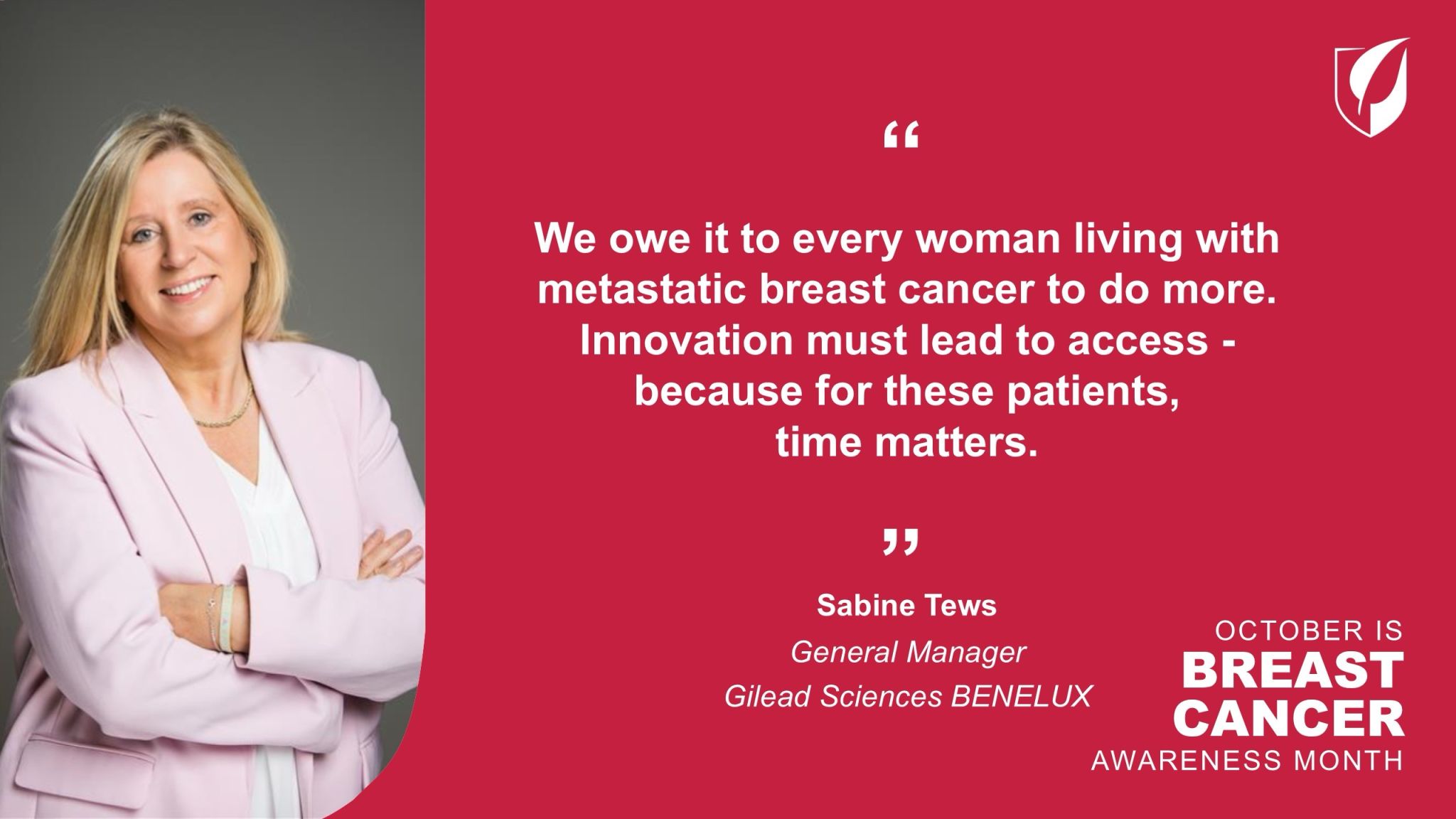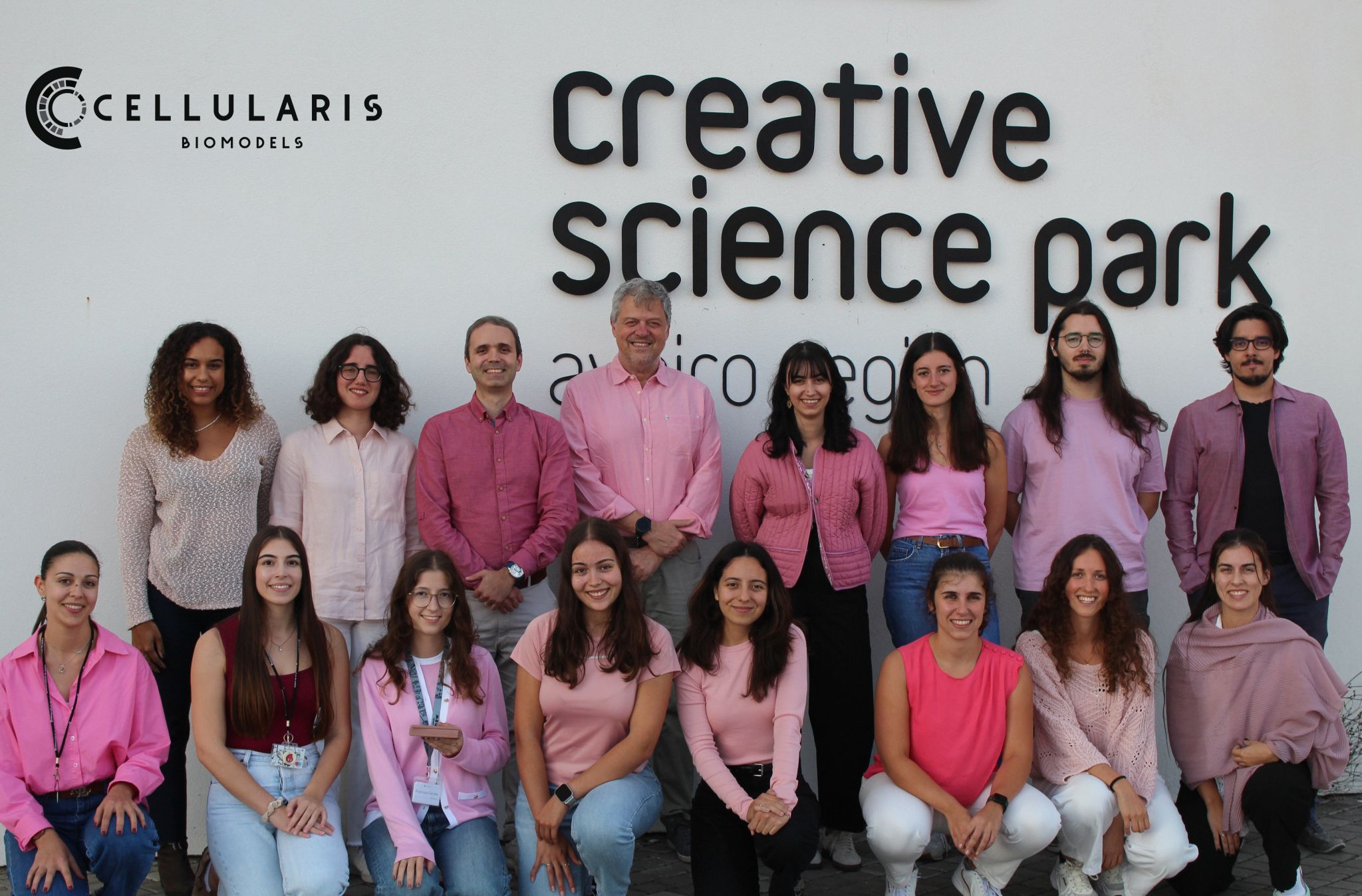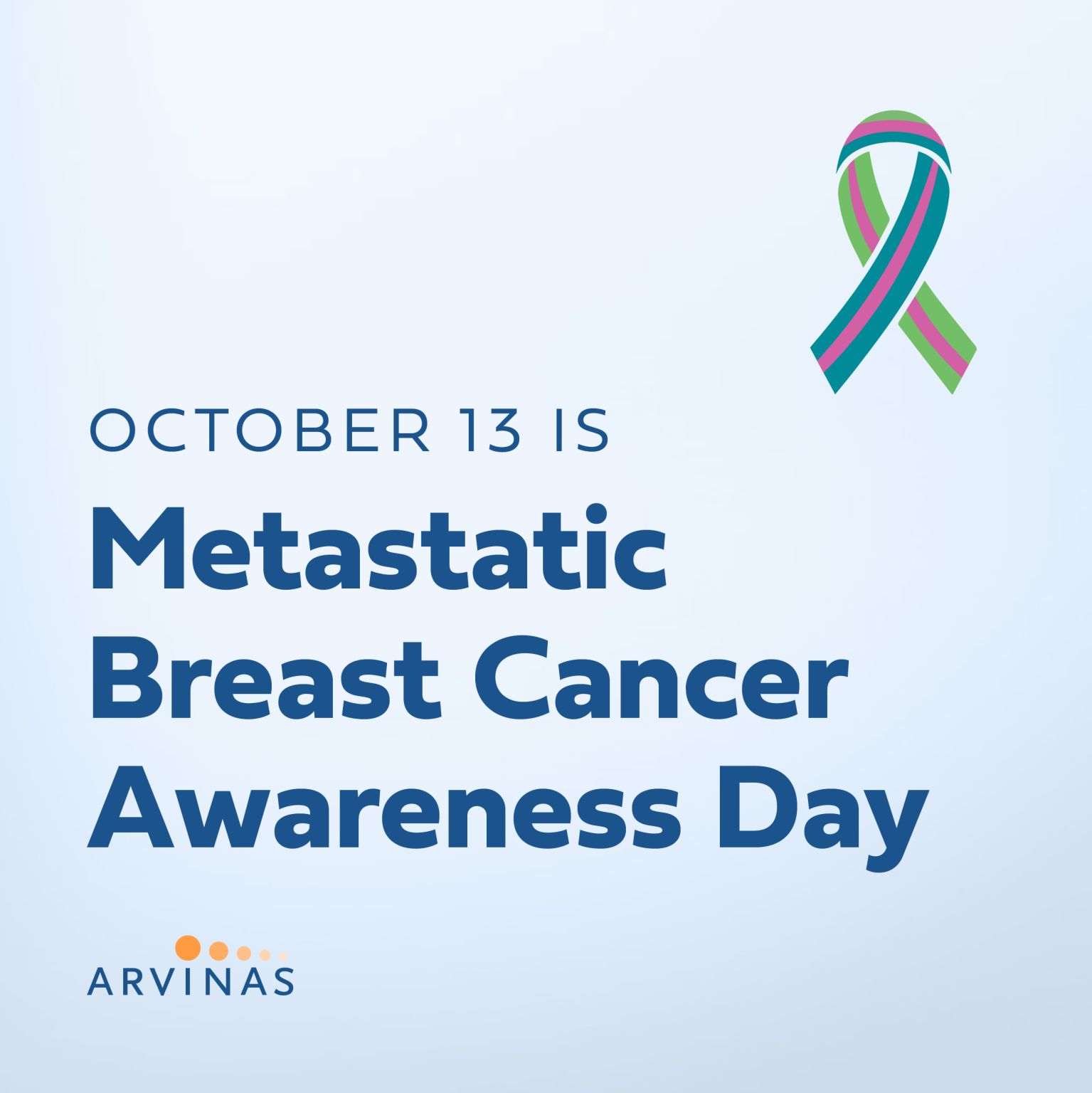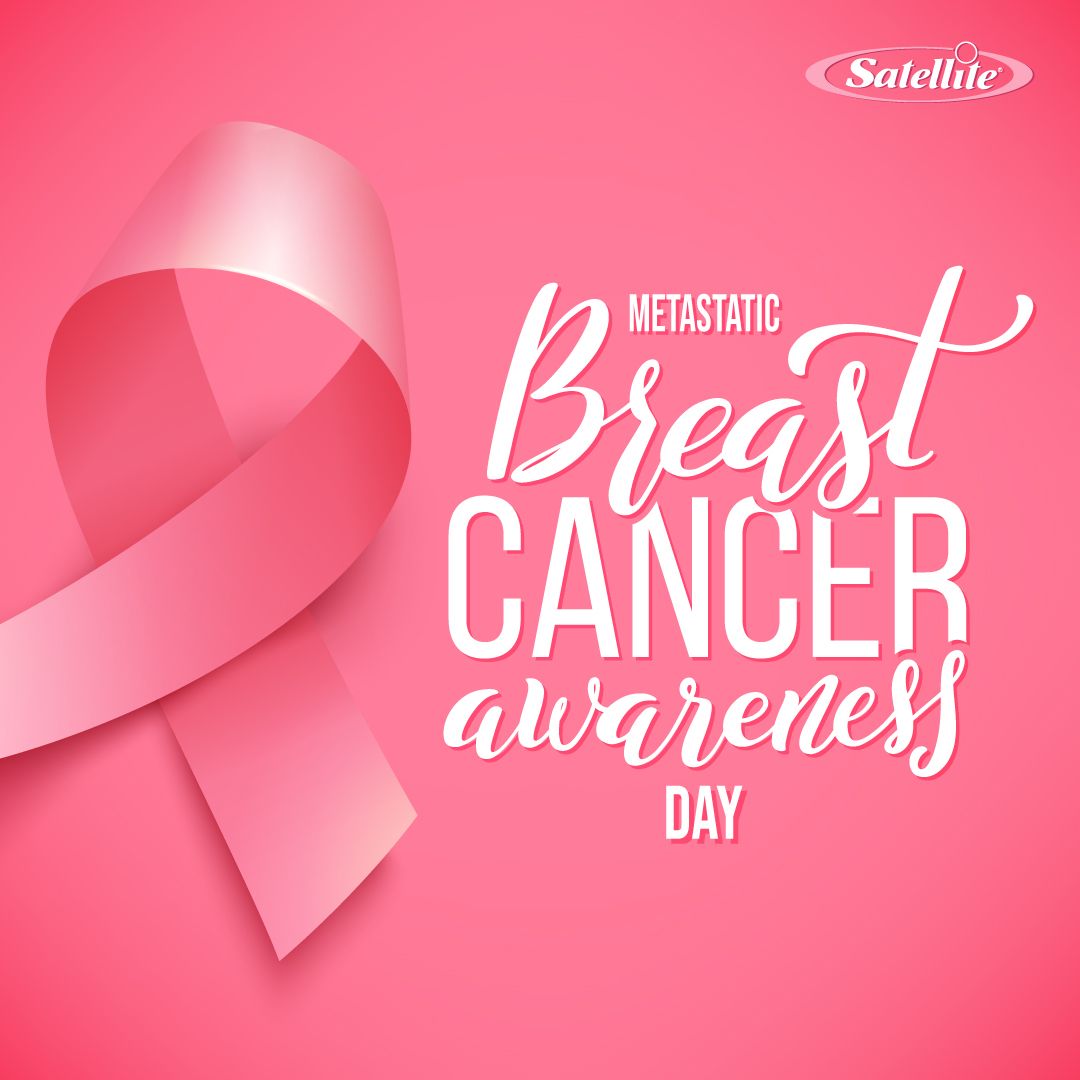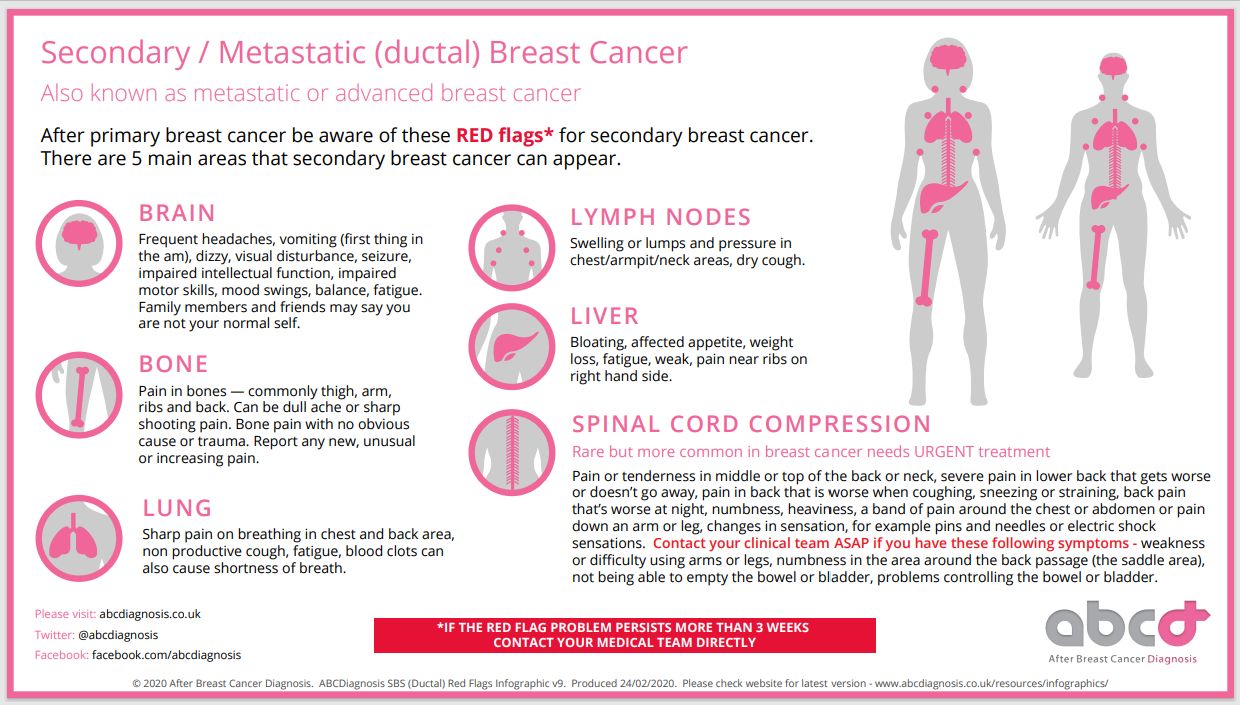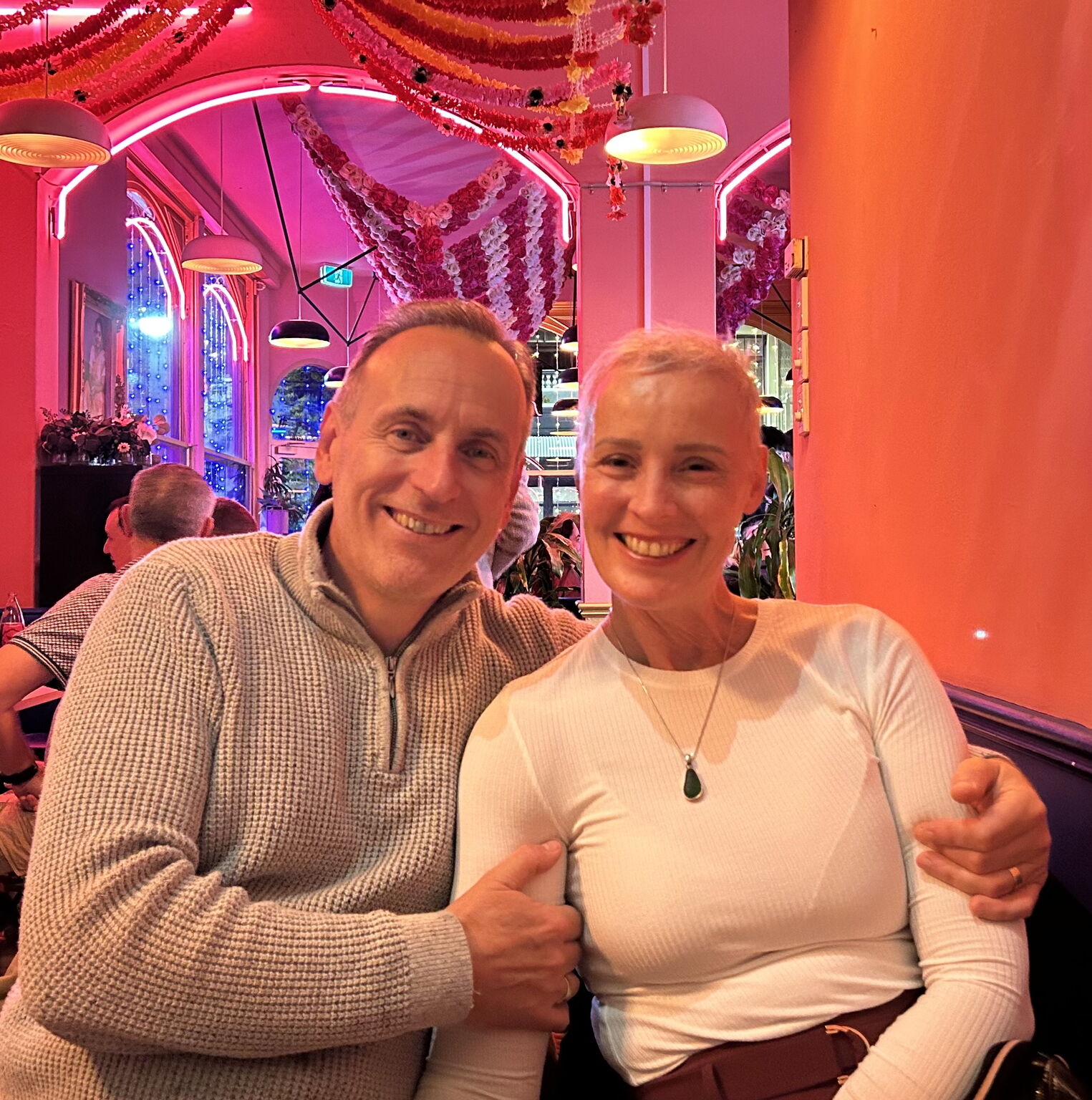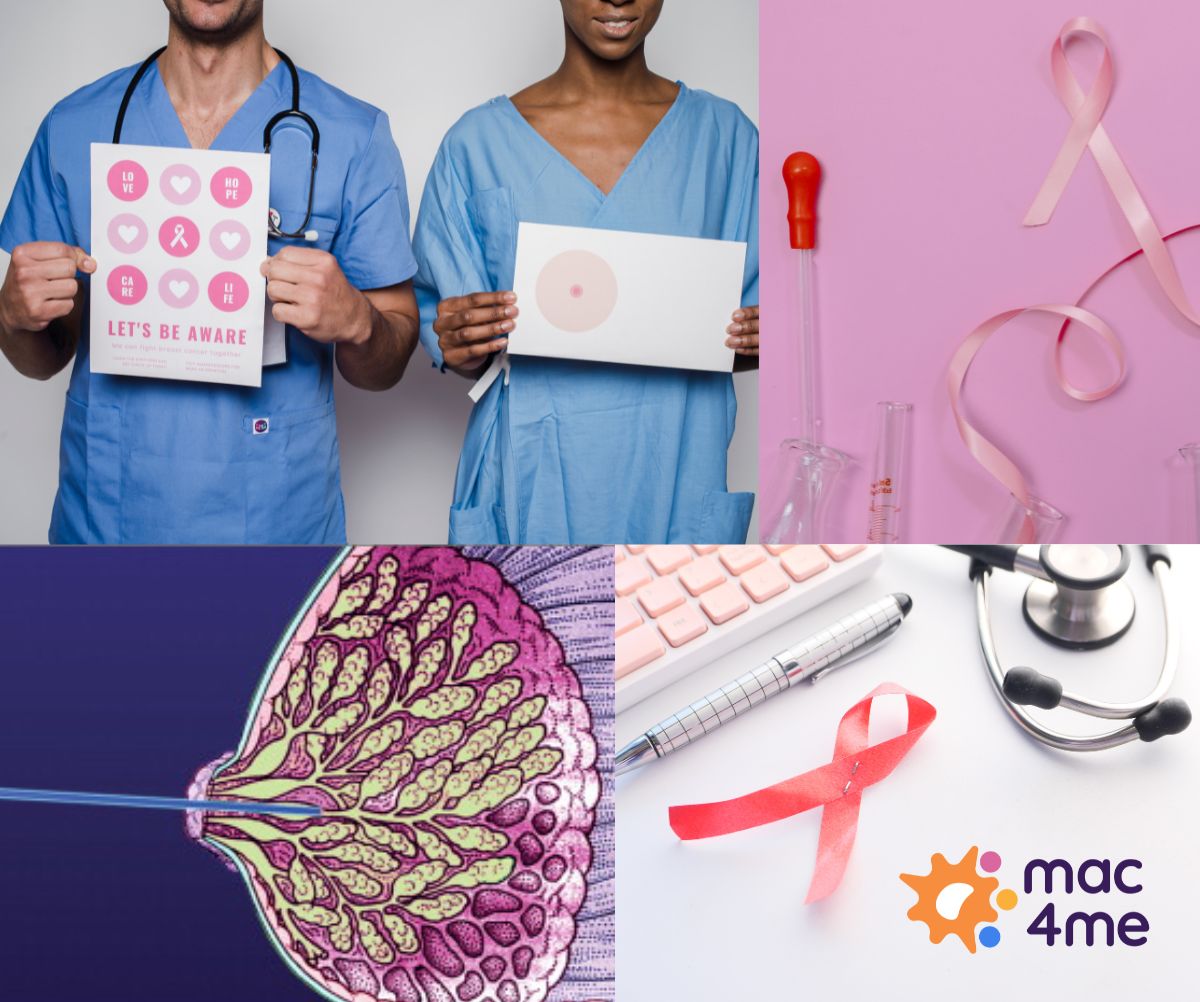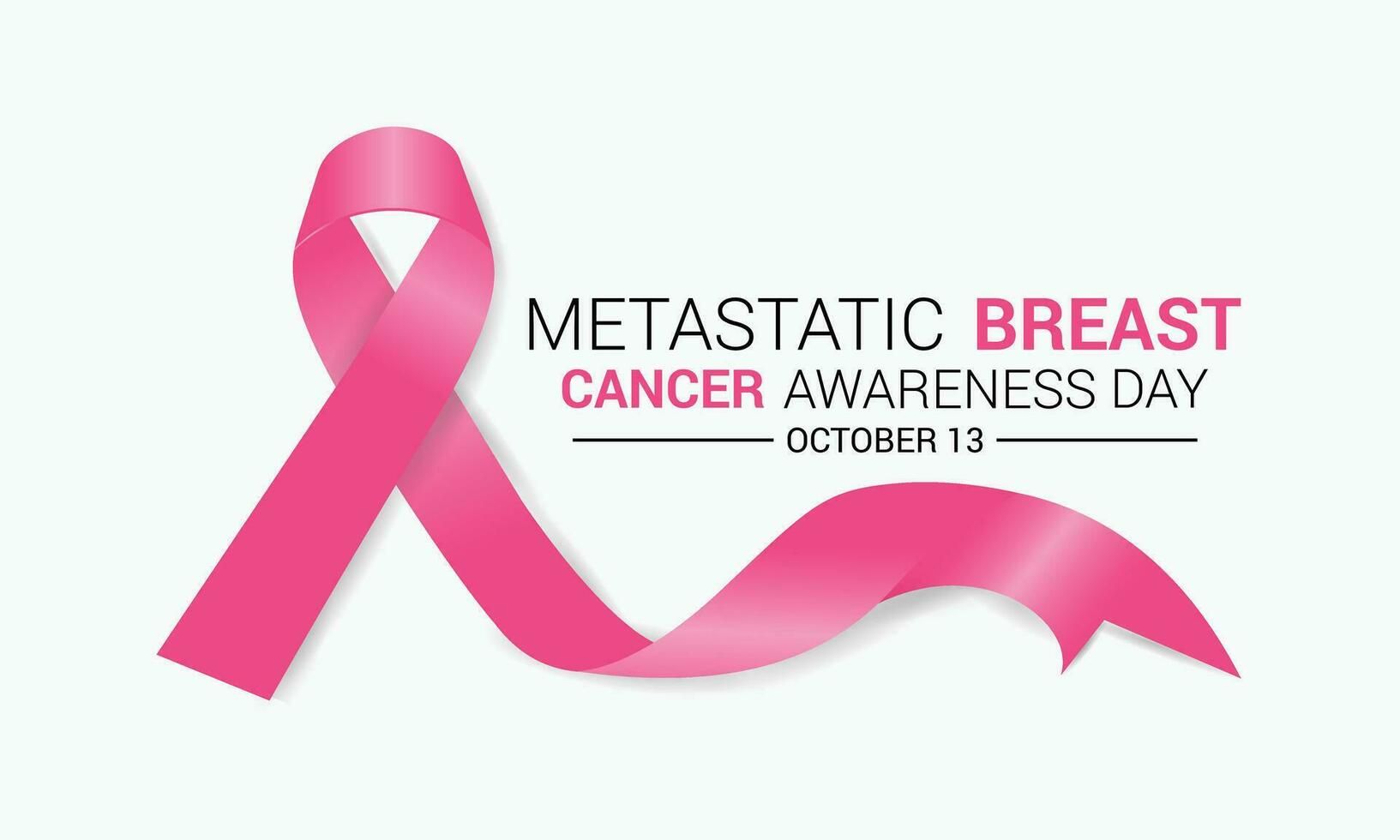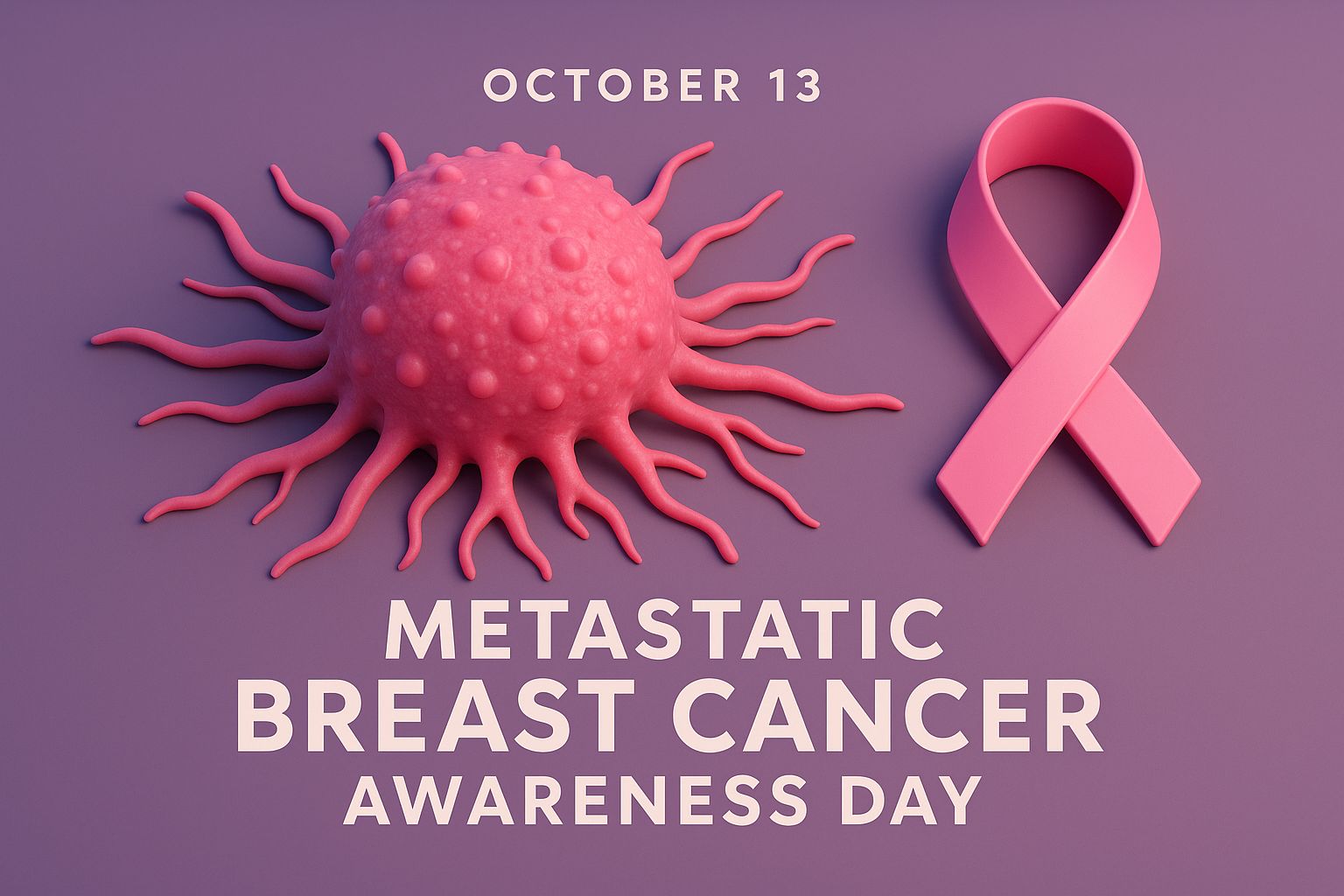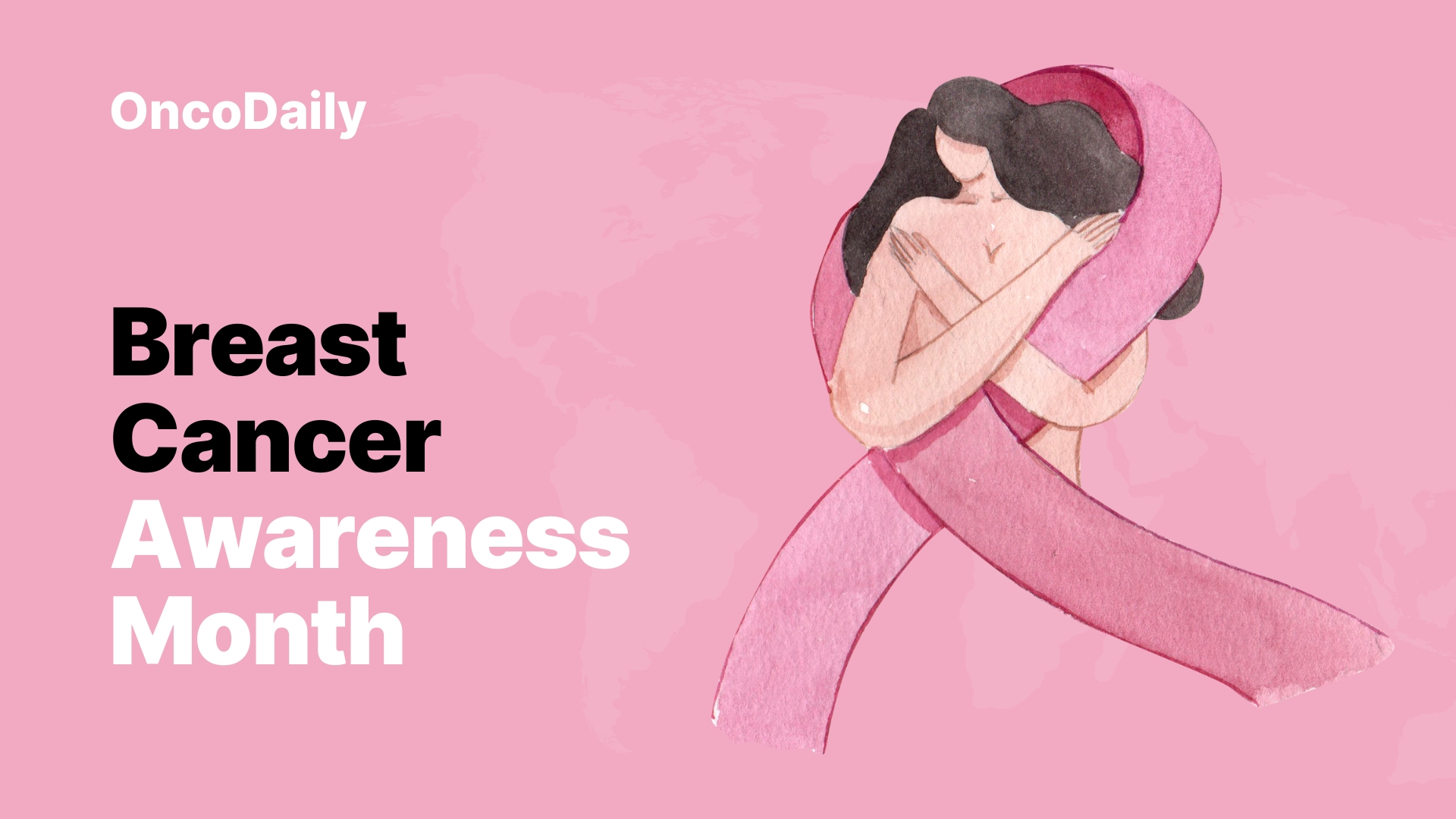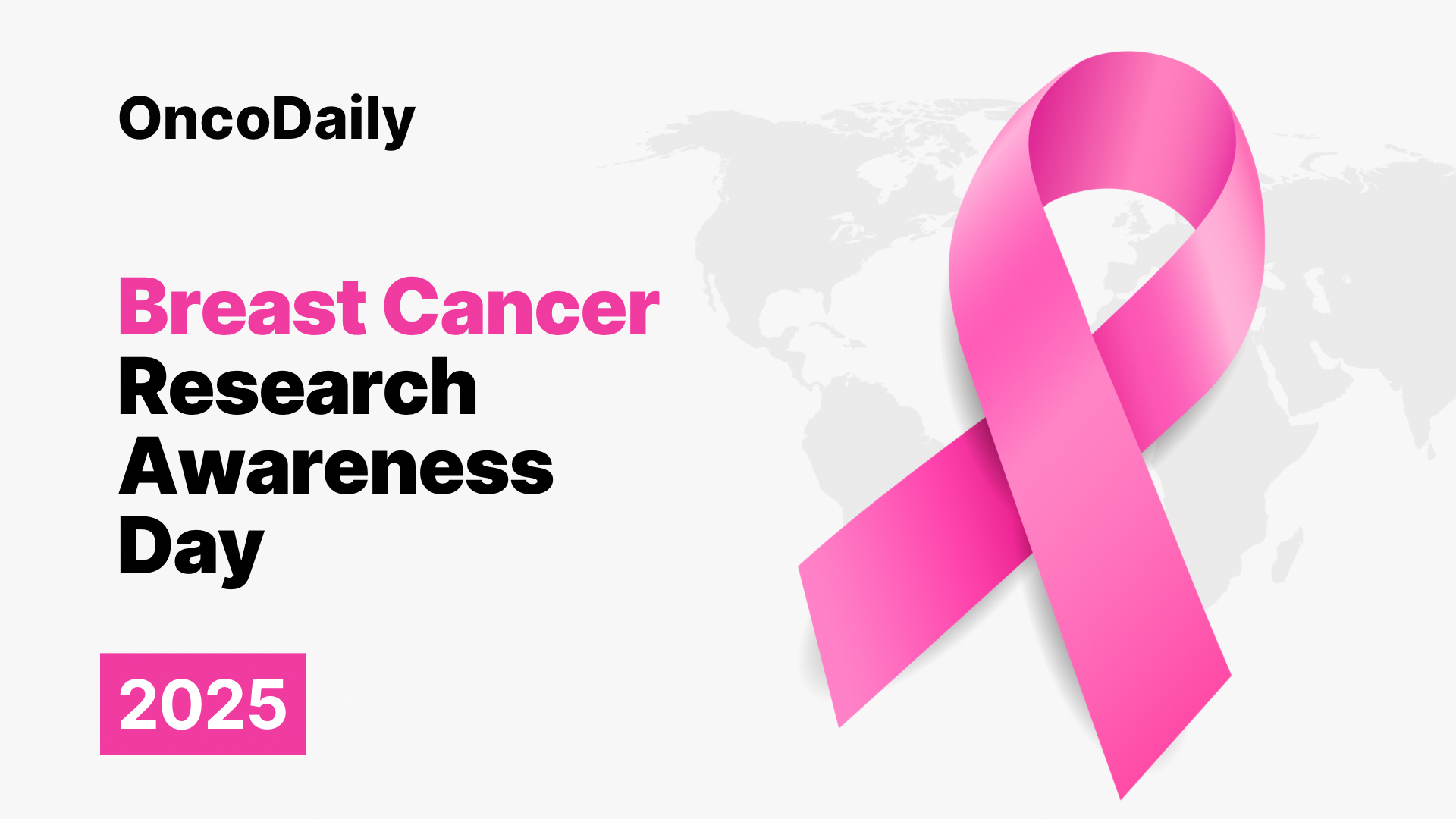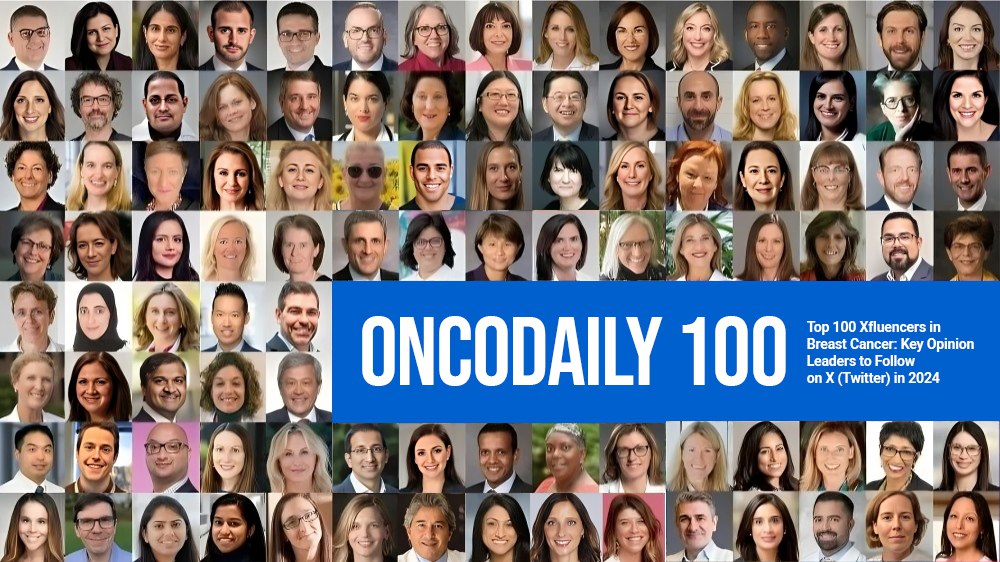October 13 marks Metastatic Breast Cancer (MBC) Awareness Day, an annual initiative to raise awareness of the challenges faced by people living with advanced breast cancer. Unlike early-stage breast cancer, which can often be treated with curative intent, metastatic breast cancer occurs when cancer spreads beyond the breast to distant organs such as the bones, liver, lungs, or brain. While MBC is not curable in most cases, advances in treatment have made it increasingly possible for patients to live longer and maintain a higher quality of life.
Understanding Metastatic Breast Cancer
Metastatic breast cancer, also known as stage IV breast cancer, affects approximately 20-30% of women initially diagnosed with early-stage breast cancer, though in some populations the figure may be higher due to late diagnoses or aggressive tumor subtypes. Each year, tens of thousands of new metastatic cases are diagnosed worldwide. According to recent data, about 168,000 women in the United States are living with MBC, and an estimated 43,000 die annually from the disease. Globally, metastatic breast cancer continues to account for a significant portion of breast cancer mortality, highlighting the urgent need for awareness, research, and improved access to care.
MBC is a heterogeneous disease. Tumors may be hormone receptor-positive (HR+), HER2-positive, or triple-negative, each with different biological behaviors, treatment options, and outcomes. Understanding the molecular profile of metastatic tumors has become critical in guiding precision therapies, which can include targeted agents, hormonal therapies, chemotherapy, and immunotherapy.

Living with Metastatic Breast Cancer
For people living with MBC, daily life involves managing symptoms, coping with uncertainty, and navigating complex treatment regimens. Common sites of metastasis include:
- Bone metastases, which can lead to fractures, pain, and reduced mobility.
- Liver metastases, which may affect liver function and metabolism.
- Lung metastases, often causing breathlessness and fatigue.
- Brain metastases, which can result in neurological symptoms such as headaches or cognitive changes.
Treatment strategies for metastatic breast cancer focus on controlling disease, relieving symptoms, and extending survival while maintaining quality of life. Targeted therapies such as CDK4/6 inhibitors (palbociclib, ribociclib), HER2-targeted agents (trastuzumab, pertuzumab), and immune checkpoint inhibitors (pembrolizumab) have improved outcomes, with median survival in some subtypes now exceeding 5 years, and some patients living a decade or longer. These advances highlight the importance of personalized treatment and clinical trial participation.
Awareness, Advocacy, and Support
Metastatic Breast Cancer Awareness Day serves not only to educate the public and healthcare community about the disease but also to amplify patient voices. Advocacy efforts focus on:
- Increasing funding for MBC-specific research.
- Expanding access to innovative therapies for patients worldwide.
- Supporting patient-centered care that addresses both physical and emotional needs.
- Reducing the stigma and isolation often associated with metastatic disease.
Visual campaigns and survivor stories are particularly powerful in conveying the realities of MBC, highlighting resilience, hope, and the need for ongoing innovation.
OncoDaily Highlights Social Media Reflections
To mark this year’s Metastatic Breast Cancer Awareness Day, OncoDaily has collected and curated posts from oncology influencers, researchers, patient advocates, and leading cancer organizations on platforms such as X and LinkedIn.
By sharing these voices and initiatives, OncoDaily continues its mission to connect the oncology community, disseminate important information, and highlight both the challenges and the progress in metastatic breast cancer care.
Advanced Breast Cancer Global Alliance:
“Today, on Metastatic Breast Cancer Awareness Day, we honor the millions of people living with this disease and look forward with purpose.
While progress has been made, people with Advanced Breast Cancer (ABC) still face unequal access to care, isolation, and misunderstanding.
The ABC Global Alliance exists to change this. We unite a global community of patients, advocates, and clinicians to amplify patient voices and co-create practical solutions. Our work is guided by the belief that by coming together, we can drive meaningful, global progress.
Our commitment is to improve and extend lives. As we prepare to launch our new Global Decade Report and Global Charter, we are turning a decade of shared knowledge into a new decade of collaborative action.”
” Today marks Secondary (Metastatic) Breast Cancer Awareness Day. And while most breast cancers don’t come back after treatment, it’s important to know the signs and symptoms in case they do.
Speak to your GP or breast care nurse if you have any new symptoms that:
– Are new or unusual for you
– Don’t have an obvious cause
– Don’t go away
Head to our website for more information about the signs and symptoms of secondary breast cancer: https://lnkd.in/eJh5jXSk”
” We must do better – for every person living with metastatic breast cancer.
Today, on Metastatic Breast Cancer Day, I want to acknowledge the strength of those living with this lifelong disease. In the Netherlands alone, 3,500 people are diagnosed each year. In Belgium, 8% of women have a metastatic disease at Breast Cancer diagnosis.
These numbers are not just statistics – they’re a call to action.
Among the most aggressive forms is metastatic triple-negative breast cancer. For these patients, early access to innovative treatments isn’t a luxury – it’s a lifeline.
At Gilead Sciences, we’re committed to making that access a reality. We continue to invest in science, partnerships, and policy to ensure that innovation reaches those who need it most.
Let’s use today not only to raise awareness, but to push for better outcomes.”
“Today, October 13th, is World Metastatic Breast Cancer Day. It’s a day to confront a stark reality: Metastatic Breast Cancer (MBC) accounts for nearly all breast cancer deaths, yet still remains underrepresented in public awareness campaigns.
In this article, our CEO Claire Gillis reflects on the profound impact this imbalance in visibility has on patients and progress. “It’s more than a health crisis – it’s a marketing failure.”
Next month, the ABC Global Alliance will release its Decade Report, offering a deep dive into progress for MBC care. Will it reveal meaningful change – or show that urgent gaps remain? Whatever the results of the report show, we know that as communicators, we have the power to elevate this narrative. Let’s use our creativity and influence to ensure this unmarketed crisis gets the attention it deserves.
Thanks to the team at Creative Salon Worldwide for helping us to amplify the challenge.”
“Millions of women around the world continue to live with metastatic breast cancer – a journey that demands strength, courage, and grace every single day.
Today, on Metastatic Breast Cancer Awareness Day, I pause to honour their resilience and the communities that stand beside them.
This month is a reminder that leadership goes beyond business; it’s about empathy, awareness, and action.
I’m deeply proud to see the Meydan Free Zone community come together in support of Breast Cancer Awareness Month. Behind every pink ribbon is a story of courage and resilience that inspires us to do more; for each other, and for the causes that truly matter.
Her Fight is Our Fight.”

“Today is Metastatic Breast Cancer Awareness Day, a meaningful moment to learn more about what patients are up against, and how we as a society can help.
Metastatic means that what began as early-stage breast cancer has spread (metastasized) to other organs such as the lungs or bones. It’s now considered stage IV cancer and, sadly, there is no cure at this stage.
Treatment focuses on managing the disease and its side effects both physical and emotional, including anxiety. Options may include surgery, chemotherapy, participation in clinical trials, and palliative care to improve quality of life and extend survival.
The “good” news about breast cancer is that it’s curable if detected early.
That’s why regular screening is absolutely essential.
To all women reading this:
Please don’t skip your screening.
Make that appointment with your gynecologist.
Talk about your options.
Get your mammogram.
And to all the men:
Encourage the women in your life – your wife, girlfriend, daughter, mother, sister, or friend – not to skip their exams either.
For me, every month is Breast Cancer Awareness Month. Not just October.
Don’t skip.
More information → https://lnkd.in/e2DVrB8d”
“Today we honor Metastatic Breast Cancer Awarness Day, a day that reminds us of the importance of continuous research and scientific innovation in the fight against this disease.
At Cellularis Biomodels, our mission is to develop advanced disease models that enable the study of breast cancer in a more faithful way, allowing for predictive and personalized drug screening.
Our team, joined the movement by wearing pink to raise awareness and show our support for all those affected by breast cancer.
Do you spot something pink in one of our collaborator’s hands? That is the pink edition of SUPRaDrop, our signature platform for creating spherical models, now dressed in pink to honor Breast Cancer Awareness Month.”
” Metastatic breast cancer (mBC) is the most advanced stage of the disease, when cancer spreads beyond the breast to other parts of the body. Today, it remains incurable.
It’s estimated that up to 30% of patients with early-stage breast cancer may eventually develop mBC. Behind each diagnosis is a person – and a network of families, caregivers, and communities – carrying the weight of the physical, emotional, and social impact of this disease.
On Metastatic Breast Cancer Awareness Day, we recognize the unique challenges of living with mBC and stand with those navigating this difficult journey.”
“On Metastatic Breast Cancer Awareness Day, we stand in solidarity with everyone affected by this disease. Your strength, courage, and perseverance continue to inspire and remind us of the importance of awareness, early detection, and support.”
Greater Manchester Cancer Alliance:
” Today marks World Metastatic Breast Cancer Awareness Day.
Supporting patients with incurable cancer (also known as metastatic cancer) to live as long and as healthy lives as possible, is very important us.
We’re currently developing a Greater Manchester Metastatic Cancer Strategy to improve care for people living with metastatic disease.
1 in 2 of us will be treated for cancer in our lifetimes and as treatments continue to improve, more people will live with metastatic disease for longer, so we have to make metastatic healthcare a priority.
Metastatic breast cancer can affect up to 30% of women that develop primary breast cancer.
To see what to look out for, check out factsheets from ABCDiagnosis, and remember it’s important to speak to your clinical team for advice.
Access the factsheets using the link in the comments.”
Breast Cancer Care Western Australia:
“Today is Metastatic Breast Cancer Awareness Day
At Breast Cancer Care Western Australia, we’re proud to support more than 400 clients and their families across Western Asutralia who are living with metastatic breast cancer, a terminal diagnosis that brings ongoing physical, emotional and practical challenges.
Our tailored supportive care services are designed to help clients live as well as possible, wherever they are in their experience and no matter where they live across our expansive state.
For Caroline, a BCCWA client in the South West, living with metastatic breast cancer means navigating distance, isolation and constant uncertainty.
“Breast Cancer Care Western Australia provides an essential service. Without them, so many women would feel adrift – unsure how to connect or share what they’re going through. You make something incredibly isolating feel less lonely.”
Today and every day we stand with Western Australians affected by metastatic breast cancer. We’re committed to ensuring that no one has to face this diagnosis alone.”
“Today, on Metastatic Breast Cancer Awareness Day, we stand with the millions worldwide affected by advanced disease. Metastatic Breast Cancer (MBC), where cancer has spread to distant organs like the bone, liver, or brain, requires more than awareness; it demands targeted scientific action. An estimated 20-30% of patients diagnosed with early breast cancer will ultimately progress to this metastatic stage. This progression is the critical point that the Mac4Me Doctoral Network is determined to solve.
The Mac4Me consortium brings together leading European academics and non-academic partners in a focused fight against metastasis. Our multidisciplinary research is dedicated to understanding the tumor microenvironment (TME) at the metastatic site, which often dictates poor response to current immunotherapies. Specifically, we are uncovering new therapeutic targets by focusing on the role of macrophages-immunosuppressive immune cells that help cancer cells escape the immune system.
We are investing in the next generation of PhD researchers, collaborating across Europe to ensure our science directly addresses the mechanisms of aggressive cancer spread to key metastatic sites.
We research for the 5-10% diagnosed initially with MBC and for every patient who faces recurrence. Metastatic breast cancer is treatable with therapies that may extend life and improve quality of life, but our ultimate goal is curative innovation.
Picture bottom left: Copyright © 2006 Volker Steger/Science Photo Library”
” Happy Monday and World Metastatic Breast Cancer Awareness Day.
October 13 isn’t just another Monday. It’s a day that carries meaning for many people across the world.
Today, we stand with those living with metastatic breast cancer the ones who wake up each day, take their meds, show up for work, care for their families, and still find moments to smile.
That kind of strength deserves to be seen.
Metastatic breast cancer happens when cancer spreads beyond the breast to places like the liver, bones, or lungs. It’s a hard battle, but it doesn’t define anyone’s worth or joy. Many are still living full lives, one day at a time, proving that hope can live alongside pain.
Today is about them; the survivors, the fighters, and the memories of those who lit up every room they entered.
And since we’re talking about care, let’s talk food too. What we eat matters. Small, thoughtful choices go a long way. Foods like beans, carrots, broccoli, and even leafy greens like ugwu or spinach are packed with antioxidants that help protect the body from cell damage.
It’s not a miracle cure, but it’s real, practical self-care. Whether it’s in your stew, jollof, or morning smoothie, each spoon adds something good.
So wear pink.
Eat something fresh.
Check on someone.
Celebrate the courage around you.
Cheers to healing, hope, and a Monday that reminds us life is still worth savoring; one plate, one moment, one heartbeat at a time.”
“Metastatic Breast Cancer Awareness Day – October 13
October 13 marks Metastatic Breast Cancer Awareness Day, a day to acknowledge people living with metastatic breast cancer (MBC) – cancer that has spread beyond the breast, including to thoracic structures such as the pleura.
The Breast International Group (BIG) is contributing to global progress through its AURORA research programme, which aims to better understand the molecular evolution of metastatic disease and improve treatment outcomes.
Learn more: https://sohub.io/xai6
Malignant pleural effusion (MPE) is a common complication of advanced cancers, including breast cancer, and can significantly impact quality of life. In international guidelines for malignant pleural effusion, a definitive intervention with either talc pleurodesis or an indwelling pleural catheter (IPC) is recommended as first-line treatment. Studies show comparable symptom relief, while IPCs often result in fewer hospital days and a lower risk of treatment failure.
At ewimed, we support clinicians managing MPE with solutions designed to relieve symptoms and enhance patient quality of life.
Read more on how we can help: https://lnkd.in/e6b2JBK2”
“October 13 is Metastatic Breast Cancer Awareness Day – a day to elevate a conversation that extends beyond survivorship.
Metastatic breast cancer (MBC), or stage IV breast cancer, occurs when cancer spreads beyond the breast to distant organs such as the bones, liver, lungs, or brain. It affects approximately 168,000 women in the U.S., and while it is not curable, it is treatable, often requiring continuous, long-term management.
Despite its severity, MBC receives only 2-5% of total breast cancer research funding.
AI is opening new frontiers:
- Predicting disease progression using real-world data and imaging
- Accelerating drug discovery and enabling personalized treatments
- Detecting early signs of metastasis or recurrence through advanced analytics
- These technologies, combined with clinical expertise, can speed up breakthroughs and improve patient outcomes.
What can be done:
- Increase targeted research funding for metastatic breast cancer
- Support clinical trials that extend survival and improve quality of life
- Ensure MBC patients are part of the awareness narrative
- Advocate for healthcare models that prioritize long-term, continuous care
- Leverage AI and data science to transform how we detect, treat, and manage MBC
Call to action:
On October 13, let’s go beyond symbolic awareness.
If you work in healthcare, research, tech, or policy, your role is essential.
→ Fund the research. Support the trials. Build the tools. Shift the narrative.”
“Metastatic Breast Cancer Day – Monday, 13th October
October is Breast Cancer Awareness Month – but it’s metastatic, secondary, or advanced breast cancer that kills.
Thirty-one people a day in the UK. Every. Single. Day.
This disease has changed my life and will, ultimately, shorten it.
I’m limited in what I can do day to day – between cancer symptoms, the side effects of treatment, and the toll it takes on my mental health.
Yet, most people have never even heard of it.
So here I am, on my cancer soapbox again.
I was diagnosed seven years ago, straight out metastatic – de novo.
Since then, I’ve been on continuous treatment, with changes along the way.
It affects me, my husband, my kids, and my friendships – some friends have disappeared entirely.
But my cancer lives with me every single day.
It was the hardest thing I’ve ever had to hear, but also, in a strange way, freeing.
No matter what hell my cancer puts us through, I am madly and completely in love with my life, my husband, and our kids.
I will give myself grace.
Be kind to myself.
Forgive myself.
My goals are now smaller and more attainable – so I no longer set myself up for heartbreak.
Small, achievable goals that help me feel successful, every single day.
I’ll also allow myself the freedom not to think about breast cancer and all it has stripped from us.
To acknowledge it, but not be consumed by survivor’s guilt.
And if I am, I’ll practice mindfulness – to stay hopeful rather than fearful.
I cannot change my diagnosis, but I can change my mindset.
Even with the best scan results, my cancer is considered incurable.
I’m coasting along in the middle lane, somewhere between “cured” and “terminal,” and that’s where I find hope, meaning, and purpose.
I am a wife.
I am a mother.
I am a friend, an aunt, a niece.
I am not my diagnosis.
There may not be a cure – yet – but there is always hope.
Please, be more cancer aware.
Please, have critical illness cover.
And please… make me lasagne (joking – kind of).
(Big love from me and my party tit)”
Closing Note
Breast cancer continues to be one of the most frequently covered topics on OncoDaily, reflecting its significance in oncology and public health. Researchers and clinicians can explore related content, including our Breast Cancer Awareness Month coverage, articles on breast cancer in men, and insights from Breast Cancer Research Awareness Day, offering a comprehensive view of current research, treatment progress, and advocacy initiatives worldwide.
Read also: Breast Cancer Awareness Month 2025
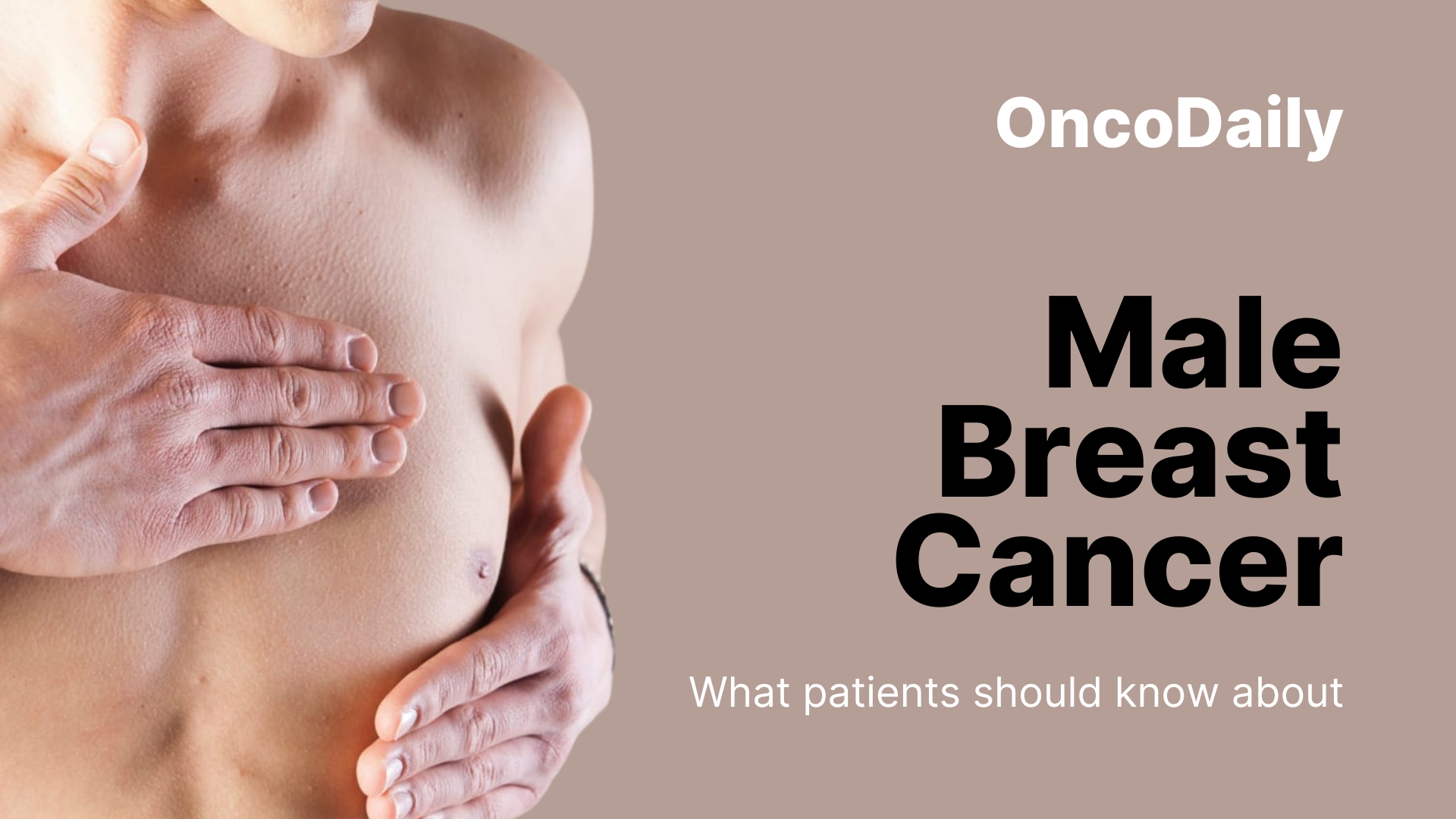
Read also: Male Breast Cancer
Read also: World Breast Cancer Research Awareness Day 2025
Also you can check out our 100 X fluencers in Breast Cancer 2024 if you have missed itlast year.
If you know a colleague who would be an outstanding candidate for the 2025 list, nominations are now open. Be sure to submit their details by November 15.
Submit your nomination here.
Written by Sergey Badalyan, MD


